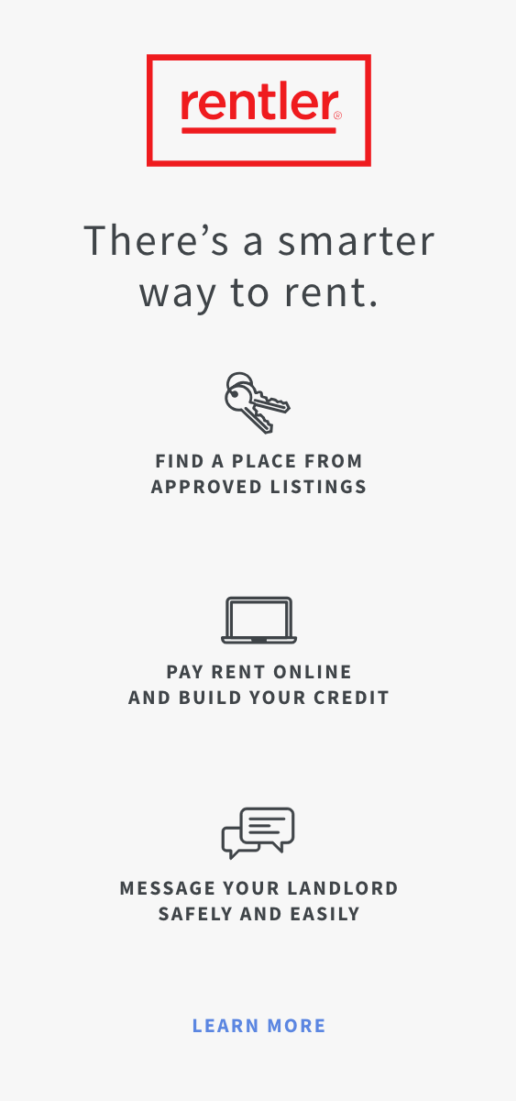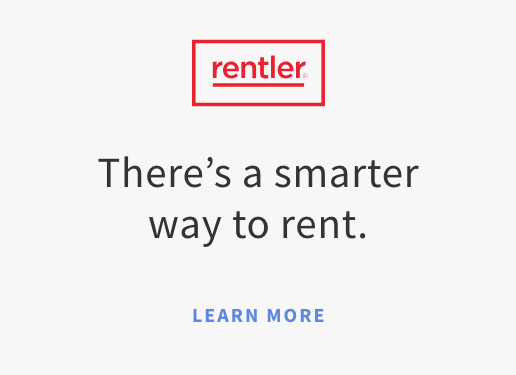Renting an apartment can be costly, especially during times when making rent payments may be challenging. Most financial planners recommend spending no more than one-third of your income on housing; However, in reality, these expenses can far exceed that suggested number due to ever-increasing housing costs. Not to mention, when you have existing debt, from student loans or credit cards, it only exacerbates the financial strain you may feel when attempting to afford monthly rent on top of other essential expenses such as food and transportation.
Fortunately, with the right strategies and financial plan in place, you can make it much easier to manage your debt and afford your monthly rent payments.
Determine Affordability
Your first step toward securing a comfortable financial plan should be to determine what you can afford in terms of housing costs. To do so effectively, factor in any debt you may have, as proposed by a common, related rule of budgeting: the 50/30/20 rule. Following this rule, you should have 50% of your income going towards necessities such as rent, utilities, and food. The remaining 30% can go to socialization and other non-necessary expenses, while the final 20% should be allocated towards saving money and paying off debt.
The 20% here is most vital because if your debt is equaling out to more than 20% of your monthly income, it’s going to be harder to pay off or save extra money and afford necessities. For this reason, if your monthly debt payments are higher than they should be, you may need to cut back on either the 50% or 30%. This could mean choosing to spend less on social activities or deciding to find a lower cost apartment in order to free up some of your budgeting for necessities to go towards debt payment.
Make Payments on Time
Making debt and rent payments on time should be of top priority for anyone—both can come with extra costs if payments come in late, like increased interest rates or late fees. Additionally, late payments can impact your credit score and make it harder to get access to better interest rates on your loans, which will ultimately put you in a more difficult financial situation.
To avoid this, it may be worthwhile to set up automatic payments on things such as your monthly rent and other debt-related bills. Talk to your landlord and other debt services you owe money to and see what the process is to automate your payment options. In addition to this, you can also choose to get your paychecks two days earlier by using a service with an early paycheck. This option can be a great backup in situations where you need money immediately, but don’t want to resort to payday loans or other riskier services.
Build Up Savings
A great way to keep up with rent payments (on top of managing debt) is to find ways to save, especially by building up a solid savings account and plan. In this case, your best option is to have a few different savings funds for different situations.
One vital savings fund is an emergency fund, which is a set amount of money put aside to cover unexpected expenses, from hospital bills to car repairs. Some suggest having an emergency fund of 3-6 months’ worth of expenses to keep your finances stable in case of job loss. Doing so can provide a great buffer, and a sense of security, giving you more financial flexibility and freedom.
It may also be helpful to have a planned expense fund. This is a savings account for any extra expenses you expect you’ll need to make, such as saving up for doctors’ appointments, car maintenance, and other costly expenses you might anticipate. By getting this money put aside into a savings fund long before the expected payment, you can take time to save up instead of shelling it all out at once, which can oftentimes lead to taking on more debt in the long run.
Consolidate and Reduce Your Debt
If your debt is making afoording an apartment an issue, there are some great options that will help reduce your debt and lower your monthly payments. One option is debt consolidation, which allows you to take your existing debts, such as student loan payments or credit card debt, and combine them into one loan. Generally, this can come with lower interest rates, allowing you to take on lower monthly payments, freeing up your ability to make monthly rent payments on time. The downside, however, is that this generally extends the length of your debt.
If you don’t want to go down this route, you can also look into debt management strategies to start cutting down extensively on your debt and making your payments easier to manage. Whether it involves meeting with a debt counselor or financial planner or going all in and putting a large portion of your extra income to paying down your debt, there are many ways to eliminate excessive debt. Keep in mind that this does entail paying more every month, so make sure it’s an affordable option for you to take.
Find Extra Income
Having extra money coming in each month on top of your regular income can be a great way to cover your housing costs or debt payments. Finding extra cash here and there may sound tricky, but there are a few good ways to get started, namely by looking into a side hustle or other secondary sources of income.
One way is to get involved in ridesharing and food delivery. Many delivery job apps allow you to take on tasks here and there throughout the day, on your own schedule, making them a great option as a secondary source of income. Putting this money towards one of your major expenses, such as paying down your debt or making your rent payments, are a great way to give you an extra financial boost.
If you’re a little more investment-savvy, you can boost your monthly income with certain investments. Dividend stocks are a great way to put aside some money each month into a growing portfolio that also pays you back a certain amount every quarter. While these amounts are small at first, they can grow over time and give you a nice bit of extra cash from time to time.
Living with debt can be tricky and makes it hard to manage other aspects of your life, including housing expenses. However, there are several great ways to create a healthy balance between your debt and other living expenses. From debt consolidation to automated payments, or even paying things like rent online, you can streamline your finances and make apartment renting both affordable and comfortable.




